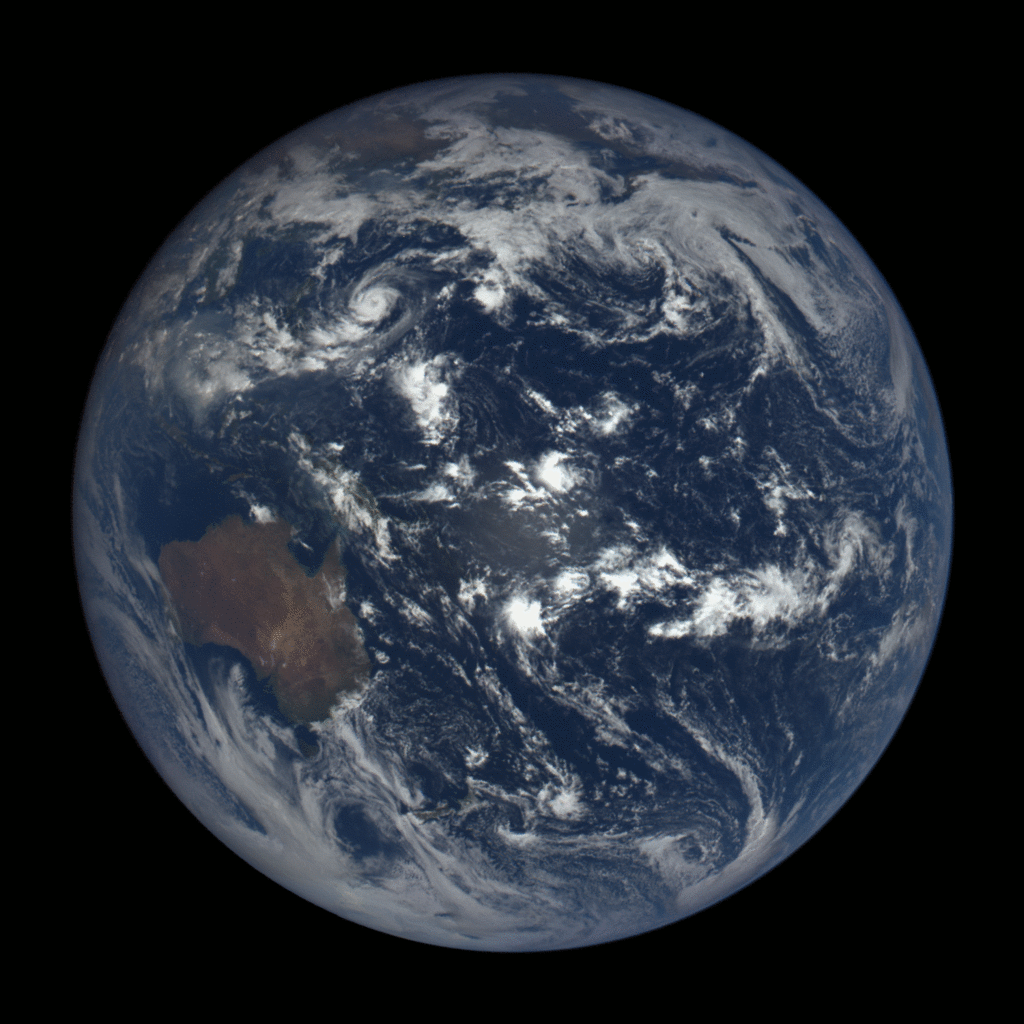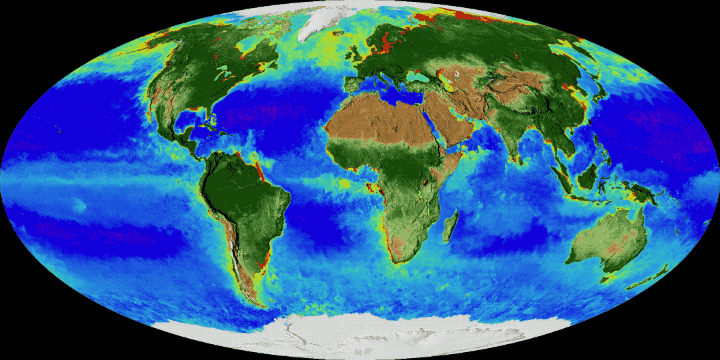On current political and economic paths, we expect continuing rising inequality by design. We also expect slow economic development in low- income countries, causing enduring poverty. As a result of inequalities within countries, social tensions are likely to rise toward the middle of the 21. century.
These factors are likely to contribute to inadequate responses to the climate and ecological emergency. Global average temperature is likely to significantly exceed 2°C, the limit stipulated in the Paris Agreement on Climate, and established by science as a red line it would be deeply unwise to cross. Large populations will increasingly face extreme heat waves, megadroughts leading to frequent crop failures, torrential rain, and rising sea levels. The world risks regional societal instabilities as a result of rising social tensions this century with global impacts. Significant parts of the Earth system are more likely than today to cross more irreversible or abrupt tipping points. This is likely to further exacerbate social tensions and conflicts. The impacts of crossing climate and ecological tipping points are likely to last centuries to millennia.
Five extraordinary turnarounds are needed to substantially reduce risks:
- ending poverty
- addressing gross inequality
- empowering women
- making our food system healthy for people and ecosystems
- transitioning to clean energy
These extraordinary turnarounds are designed as policy road maps that will work for the majority of people. They are not an attempt to create some impossible- to-reach utopia; instead, they are an essential foundation for a resilient civilization under extraordinary pressure. And, what’s more, there is sufficient knowledge, funds, and technologies in the world to implement them.
Income redistribution is not negotiable. Long- term economic inequality combined with short- term economic crises (this is the current modus operandi of most large economies) contributes to economic anxiety, distrust, and political dysfunction. These are important risk factors for destructive polarization in democratic societies, which leads to rising social tensions. Because the current dominant economic model will lead to greater income inequality, extraordinary interventions are needed to address that inequality so that we can respond to global existential threats. The richest 10% should not take more than 40% of national income.
The private sector must pay for extracting and using resources that should be seen as under the stewardship of all in society, including fossil fuels, land, freshwater, the ocean, minerals, the atmosphere, and even data and knowledge. The fees are put into national Citizens Funds, and this revenue is then distributed back to all citizens in a country equally through a universal basic dividend (UBD).
The window is still open to achieve the Earth for All vision: human wellbeing within planetary boundaries. A concerted effort to redistribute wealth can build trust within nations and between nations, opening up the space to make long- term decisions to reduce risk of existential challenges like climate disruptions or future pandemics. Rapid economic development following these five extraordinary turnarounds could remove absolute poverty by 2050. A rapid shift away from today’s fossil fuels and wasteful food chains has the potential to bring long- term energy and food security to all societies. Millions of people currently enduring horrific air pollution in overcrowded cities will be able to breathe clean air again as economies transform. And a clean energy revolution driven by exponential technologies and systemic efficiencies can enable low- income countries to satisfy material needs while avoiding the historic mistakes of the rich nations. Through these extraordinary turnarounds we save our future. (Source: Earth for all – A survival guide to humanity, 2022)
Document (english) for private use (under point 8)
One big problem is that 36.9 percent of the world population live under authoritarian leadership (dictatorship), most people of them in China and Russia. In dictatorships, people lack freedom to make necessary changes. They must first remove the dictatorship before you have the freedom to make necessary changes. Dictators don’t go voluntarily, you have to chase them away.
The biggest score improvement was 2022 in Thailand, where the space for political opposition opened up and an insurgency threat receded.


